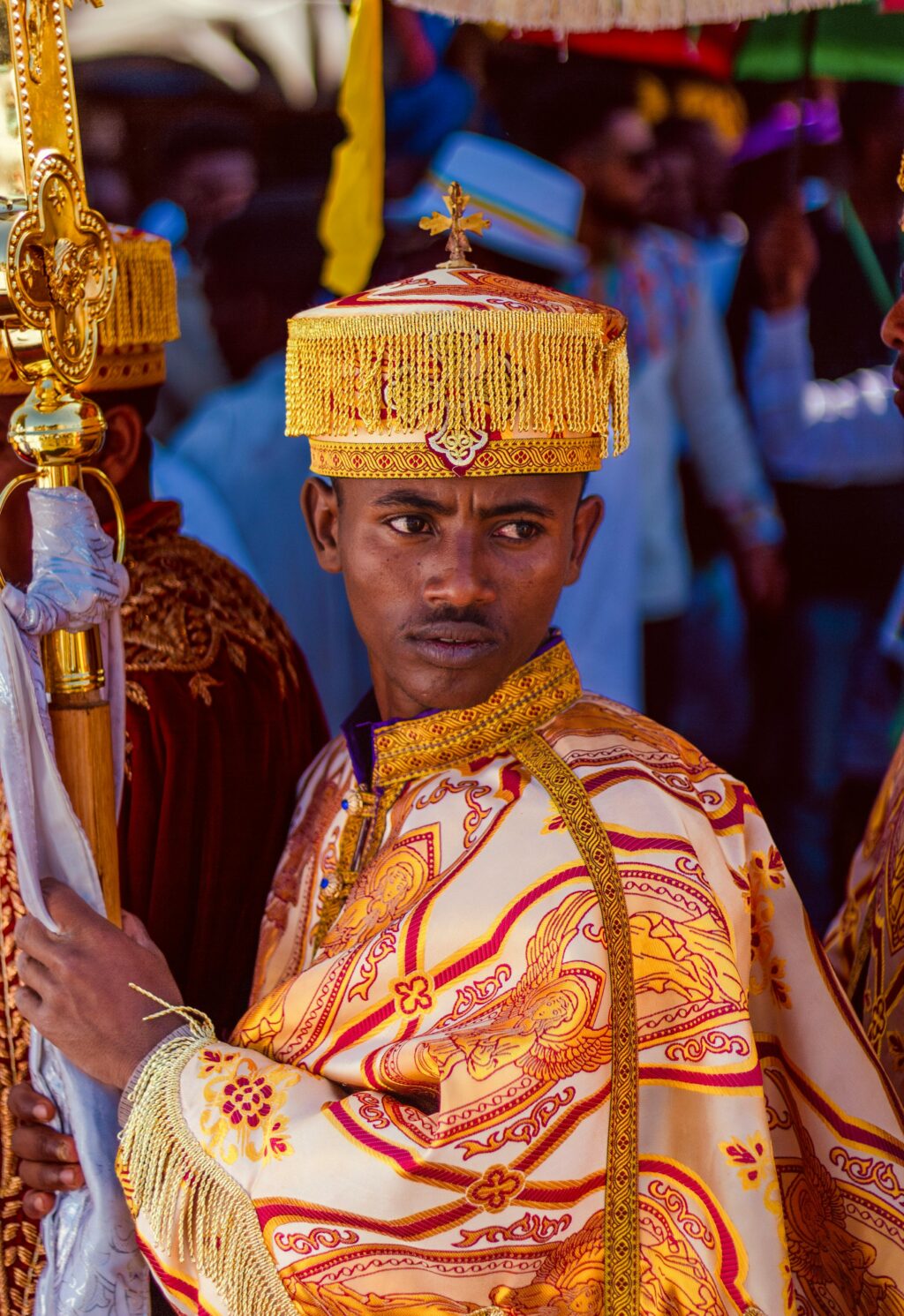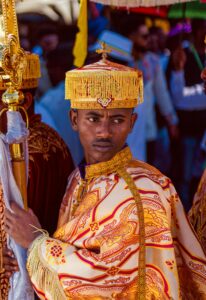
Is it right for monarchs to subjugate citizens in 2024?
King Mswati III of Eswatini (formerly Swaziland) is a fascinating figure, embodying a blend of tradition and modernity. Ascending to the throne at just 18 years old, he has ruled since 1986, becoming Africa’s last absolute monarch. Known for his flamboyant lifestyle, King Mswati is also recognized for his polygamous marriage practices, a cultural tradition that holds significant importance in his society.

Marital Traditions
King Mswati III has multiple wives, 15 to be exact. His marriages are more than personal choices. They are deeply intertwined with the cultural and political fabric of Eswatini, where the royal family plays a crucial role in governance and tradition.
Annual Wedding Ceremony
One of the most notable events in King Mswati’s calendar is the annual Reed Dance, or Umhlanga. This is where he traditionally selects a new wife. The ceremony will happen this month – September 2024. This vibrant festival not only celebrates the virginity of young women but also reinforces cultural heritage, showcasing the nation’s values and unity.
Importance of King Mswati III’s Annual Wedding from an African Perspective
- Cultural Heritage: The annual wedding ceremony highlights and preserves traditional African customs, fostering a sense of identity and continuity within the community.
- Unity and Community Bonding: Events like the Reed Dance bring together people from various backgrounds, strengthening communal ties and promoting solidarity among the nation’s youth.
- Empowerment of Women: The ceremony celebrates young women’s roles in society, emphasizing values such as respect, dignity, and the importance of preserving cultural practices.
- Political Significance: The event reinforces the monarch’s authority and connects the royal family to the people, showcasing the intertwined nature of culture and governance in many African societies.
- Showcasing Diversity: The festivities display the rich cultural diversity of Africa, allowing for an appreciation of various customs and traditions beyond one’s own community.
- Promotion of National Pride: The spectacle of the wedding fosters national pride, encouraging citizens to take pride in their heritage and the unique practices that define their culture.
- Cultural Exchange: The event attracts visitors and media attention, providing opportunities for cultural exchange and dialogue about African traditions on a global stage.
Viewing King Mswati III’s annual wedding through this lens emphasizes the rich tapestry of African traditions and values that continue to thrive today.

Conclusion
King Mswati III remains a captivating monarch, navigating the complexities of leadership while honoring traditional practices. His many marriages reflect the rich cultural tapestry of Eswatini. Thus, this makes him significant in both the past and present of African royalty.





